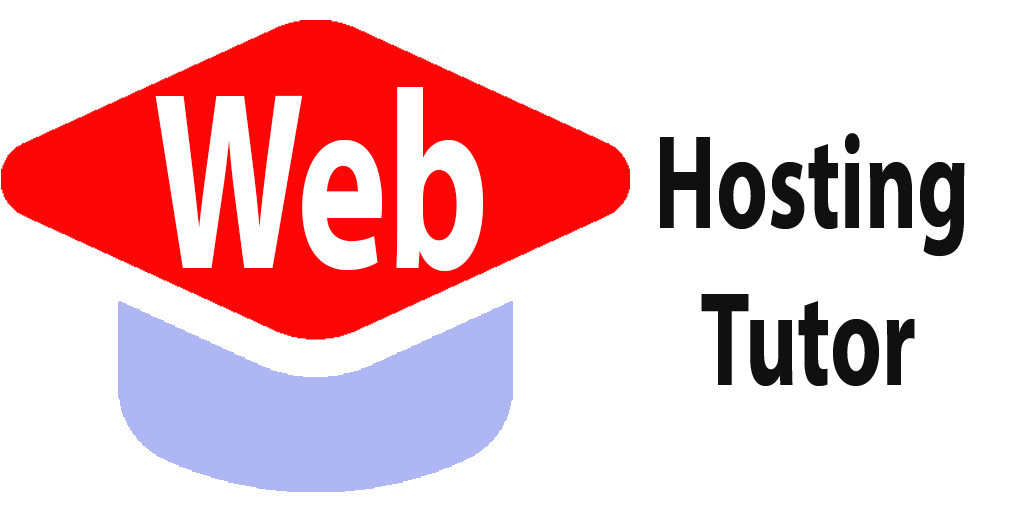A website’s speed and performance can make or break its online success. Enter the realm of WordPress optimization – a crucial facet often overlooked yet holding the key to unlocking unparalleled user experiences and enhancing search engine visibility simultaneously. In this comprehensive guide, we delve into the realm of sharpening your WordPress platform like a professional, focusing on boosting both its speed and SEO prowess to unprecedented heights. As the virtual storefront of your online presence, a sluggish website can send potential visitors fleeing faster than you can say “page load time.” But fear not, for in the intricate world of WordPress tutorials lies the power to transform your digital space into a well-oiled machine that not only captivates users with its lightning-fast responsiveness but also climbs the ranks of search engine results pages with finesse. Brace yourself as we unravel the secrets behind optimizing WordPress performance, shedding light on the symbiotic relationship between speed and SEO best practices that will catapult your online presence to the zenith of success.
Understanding the Impact of Website Speed on User Experience
In today’s fast-paced digital world, where instant gratification is the norm, website speed plays a crucial role in determining user experience. A slow-loading website can lead to frustration and abandonment, while a fast and responsive one can keep visitors engaged and encourage them to explore further. Understanding the impact of website speed on user experience is essential for optimizing your WordPress site and ensuring its success.When a user visits a website, they expect it to load quickly and provide them with the information or services they are seeking. Studies have shown that even a one-second delay in page load time can result in a significant drop in conversions and customer satisfaction. In fact, according to Google, 53% of mobile users abandon sites that take longer than three seconds to load.A slow website not only affects user experience but also has negative implications for search engine optimization (SEO). Search engines like Google consider page speed as one of the ranking factors when determining search results. A slow-loading site may be penalized by search engines, resulting in lower visibility and organic traffic.
Evaluating Current WordPress Performance Metrics
To optimize your WordPress site for speed and improve user experience, it is essential to evaluate its current performance metrics. This involves analyzing various aspects such as page load time, server response time, and overall site performance.There are several tools available that can help you assess your WordPress site’s performance metrics. One popular tool is Google PageSpeed Insights, which provides valuable insights into how well your site performs on both desktop and mobile devices. It offers suggestions for improvement based on best practices recommended by Google.Another useful tool is GTmetrix, which provides detailed reports on your site’s performance metrics along with recommendations for optimization. It analyzes various factors such as page size, number of requests, and caching settings to identify areas where improvements can be made.
Implementing Caching Strategies for Improved Loading Times
Caching is a technique that can significantly improve website speed by storing static versions of your site’s pages and serving them to users instead of generating them dynamically each time. By implementing caching strategies, you can reduce server load and decrease page load times.WordPress offers several caching plugins that can help optimize your site’s performance. One popular plugin is W3 Total Cache, which provides various caching options such as page cache, database cache, and object cache. It also supports content delivery network (CDN) integration for further performance enhancements.
Optimizing Images and Media for Faster Loading Speeds
Images and media files are often the largest contributors to page size and can significantly impact loading times. Optimizing images and media files is crucial for improving website speed without compromising on visual quality.There are several techniques you can employ to optimize images on your WordPress site. Firstly, ensure that images are properly sized before uploading them to your site. Large images should be resized or compressed using tools like Photoshop or online image compression services.Additionally, consider using lazy loading techniques, which delay the loading of off-screen images until they are needed. This helps reduce initial page load times while still providing a seamless user experience.
Choosing the Right WordPress Theme for Speed and SEO Compatibility
The choice of WordPress theme plays a vital role in determining your site’s speed and SEO compatibility. A poorly coded or bloated theme can slow down your site and hinder its performance.When selecting a WordPress theme, look for lightweight options that prioritize speed and performance. Avoid themes with excessive features or unnecessary scripts that could impact loading times.It is also essential to choose a theme that follows best practices for SEO optimization. Ensure that the theme is mobile-friendly, has clean code structure, and supports schema markup – all factors that contribute to better search engine visibility.
Concluding Remarks: Achieving Peak WordPress Performance and SEO Success
In conclusion, optimizing WordPress performance is crucial for providing an exceptional user experience and improving search engine visibility. By understanding the impact of website speed on user experience, evaluating current performance metrics, implementing caching strategies, optimizing images and media, and choosing the right WordPress theme, you can achieve peak performance and SEO success.Remember to regularly monitor your site’s performance metrics and make necessary optimizations to ensure continued success. By following these speed and SEO best practices, you can create a fast-loading, user-friendly WordPress site that ranks well in search engine results and keeps visitors coming back for more.So, don’t let a slow website hold you back. Take the necessary steps to optimize your WordPress site’s performance today and reap the rewards of improved user experience and increased organic traffic.
Web Hosting Tutorials is your go-to online resource for mastering web hosting and website management. From beginner-friendly WordPress guides to advanced server administration tutorials, we offer a comprehensive suite of educational content to empower your online presence. Elevate your web skills with our expertly designed tutorials and become confident in navigating the complex world of web hosting.

